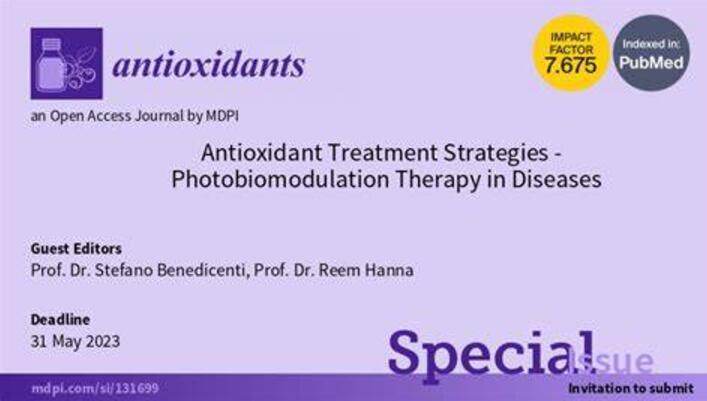Cystathionine Gamma-Lyase Regulates TNF-α-Mediated Injury Response in Human Colonic Epithelial Cells and Colonoids
IF 6
2区 医学
Q1 BIOCHEMISTRY & MOLECULAR BIOLOGY
引用次数: 0
Abstract
Cystathionine gamma-lyase (CSE) and TNF-α are now recognized as key regulators of intestinal homeostasis, inflammation, and wound healing. In colonic epithelial cells, both molecules have been shown to influence a variety of biological processes, but the specific interactions between intracellular signaling pathways regulated by CSE and TNF-α are poorly understood. In the present study, we investigated these interactions in normal colonocytes and an organoid model of the healthy human colon using CSE-specific pharmacological inhibitors and siRNA-mediated transient gene silencing in analytical and functional assays in vitro. We demonstrated that CSE and TNF-α mutually regulated each other’s functions in colonic epithelial cells. TNF-α treatment stimulated CSE activity within minutes and upregulated CSE expression after 24 h, increasing endogenous CSE-derived H2S production. In turn, CSE activity promoted TNF-α-induced NF-ĸB and ERK1/2 activation but did not affect the p38 MAPK signaling pathway. Inhibition of CSE activity completely abolished the TNF-α-induced increase in transepithelial permeability and wound healing. Our data suggest that CSE activity may be essential for effective TNF-α-mediated intestinal injury response. Furthermore, CSE regulation of TNF-α-controlled intracellular signaling pathways could provide new therapeutic targets in diseases of the colon associated with impaired epithelial wound healing.胱硫醚γ-赖氨酸酶调控 TNF-α 介导的人结肠上皮细胞和结肠组织损伤反应
胱硫醚γ-赖氨酸酶(CSE)和 TNF-α 目前已被公认为是肠道稳态、炎症和伤口愈合的关键调节因子。在结肠上皮细胞中,这两种分子已被证明能影响多种生物过程,但人们对 CSE 和 TNF-α 所调控的细胞内信号通路之间的具体相互作用却知之甚少。在本研究中,我们利用 CSE 特异性药理抑制剂和 siRNA 介导的瞬时基因沉默,在体外分析和功能测试中研究了正常结肠细胞和健康人结肠的类器官模型中的这些相互作用。我们证明了 CSE 和 TNF-α 在结肠上皮细胞中相互调控对方的功能。TNF-α 处理可在几分钟内刺激 CSE 的活性,并在 24 小时后上调 CSE 的表达,从而增加内源性 CSE 衍生 H2S 的产生。反过来,CSE活性促进了TNF-α诱导的NF-ĸB和ERK1/2活化,但并不影响p38 MAPK信号通路。抑制 CSE 活性可完全消除 TNF-α 诱导的上皮细胞通透性增加和伤口愈合。我们的数据表明,CSE活性可能是TNF-α介导的有效肠道损伤反应所必需的。此外,CSE 对 TNF-α 控制的细胞内信号通路的调节可为与上皮伤口愈合受损相关的结肠疾病提供新的治疗靶点。
本文章由计算机程序翻译,如有差异,请以英文原文为准。
求助全文
约1分钟内获得全文
求助全文
来源期刊

Antioxidants
Biochemistry, Genetics and Molecular Biology-Physiology
CiteScore
10.60
自引率
11.40%
发文量
2123
审稿时长
16.3 days
期刊介绍:
Antioxidants (ISSN 2076-3921), provides an advanced forum for studies related to the science and technology of antioxidants. It publishes research papers, reviews and communications. Our aim is to encourage scientists to publish their experimental and theoretical results in as much detail as possible. There is no restriction on the length of the papers. The full experimental details must be provided so that the results can be reproduced. Electronic files and software regarding the full details of the calculation or experimental procedure, if unable to be published in a normal way, can be deposited as supplementary electronic material.
 求助内容:
求助内容: 应助结果提醒方式:
应助结果提醒方式:


